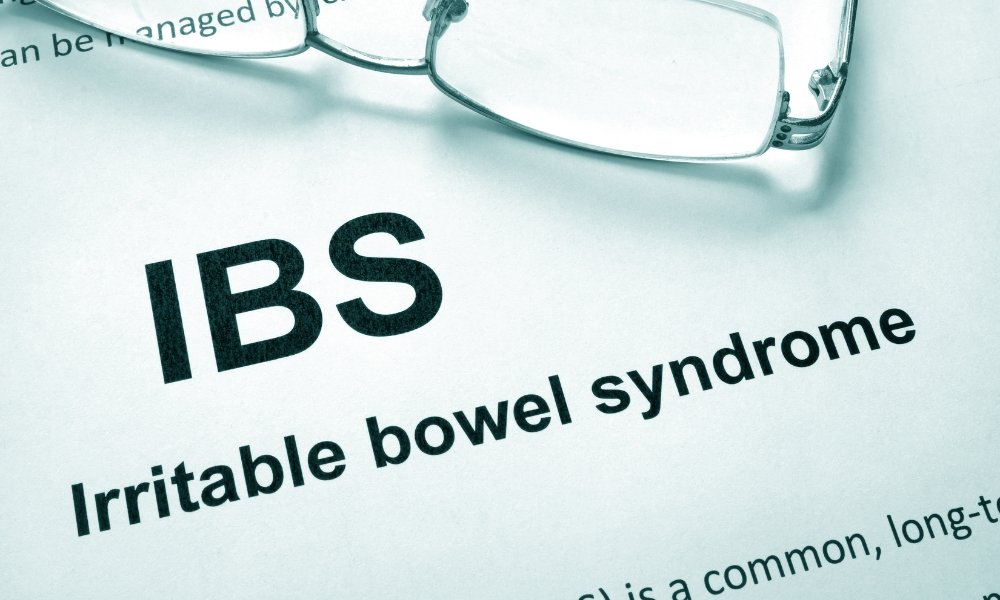Understanding IBS
Irritable Bowel Syndrome (IBS) is a common digestive disorder that affects the large intestine. It’s a chronic condition that requires long-term management. IBS is characterized by a combination of symptoms, including abdominal pain, cramping, bloating, gas, diarrhea, and constipation. The exact cause of IBS is still unknown, but it’s believed to be linked to a variety of factors, such as stress, diet, and gut sensitivity.
Spastic vs. Sensitive Bowel: What’s the Difference?
You might hear the terms “spastic colon” or “sensitive bowel” when discussing IBS. While these terms are sometimes used interchangeably, they refer to different aspects of the condition.
- Spastic Colon: This term typically refers to the muscle contractions in the intestine, also known as spasm in colon. In people with IBS, these contractions may be stronger or longer than normal, leading to the cramping and pain often associated with the condition. This spastic colon syndrome activity can result in sudden urges to use the bathroom, sometimes leading to diarrhea.
- Sensitive Bowel: When someone has a sensitive bowel, it means that their gut is more reactive to stimuli than usual. This heightened sensitivity can make normal digestion uncomfortable, leading to symptoms like bloating, pain, and irregular bowel movements. Even mild triggers, like eating certain foods or experiencing stress, can cause significant discomfort.
Do I Have IBS?
Diagnosing IBS isn’t always straightforward because its symptoms overlap with other digestive conditions. However, there are some common signs that may indicate you have IBS or a spastic colon:
- Abdominal Pain and Cramping: One of the hallmark symptoms of IBS is recurrent abdominal pain, often accompanied by cramping. The pain is usually relieved after a bowel movement.
- Changes in Bowel Movements: People with IBS may experience diarrhea, constipation, or both. These changes often occur along with changes in the appearance of the stool. If you notice symptoms like spastic colon IBS or colon spasm, it’s essential to consult a healthcare provider.
- Bloating and Gas: IBS can cause a feeling of fullness and excessive gas, leading to noticeable bloating.
- Mucus in Stool: Some people with IBS notice mucus in their stool, which is a common but less-discussed symptom.
If you frequently experience these symptoms, especially if they are affecting your daily life, it’s a good idea to see a healthcare provider. They can help rule out other conditions and provide a diagnosis.
Managing IBS: Lifestyle and Treatment Options
While there’s no cure for IBS, there are many ways to manage the symptoms and improve your quality of life.
- Dietary Changes: Keeping a food diary can help identify triggers. Some people find relief by avoiding certain foods, such as gluten, dairy, or high-FODMAP foods (a group of fermentable carbohydrates). Increasing fiber intake can also help, especially for those with constipation.
- Stress Management: Since stress can exacerbate IBS symptoms, finding ways to manage stress is crucial. Practices like yoga, meditation, and regular exercise can make a significant difference.
- Medications: In some cases, over-the-counter medications can help manage symptoms. For example, antispasmodics can reduce cramping, while laxatives or anti-diarrheal medications can help with bowel movement issues. In more severe cases, a doctor might prescribe specific medications to target IBS symptoms, including those associated with a spastic colon.
- Probiotics: Some studies suggest that taking probiotics can help balance the gut bacteria and reduce IBS symptoms. It’s worth discussing this option with your healthcare provider.
- Therapy: Cognitive-behavioral therapy (CBT) and other forms of psychological therapy have been shown to help manage the emotional aspects of IBS, reducing symptoms by addressing the mind-gut connection.
Conclusion
IBS is a complex condition that affects each person differently. Understanding whether you have a spastic or sensitive bowel can help in tailoring a treatment plan that works for you. If you’re experiencing symptoms of IBS, don’t hesitate to seek medical advice. With the right management strategies, you can control your symptoms and live a healthier, more comfortable life.

